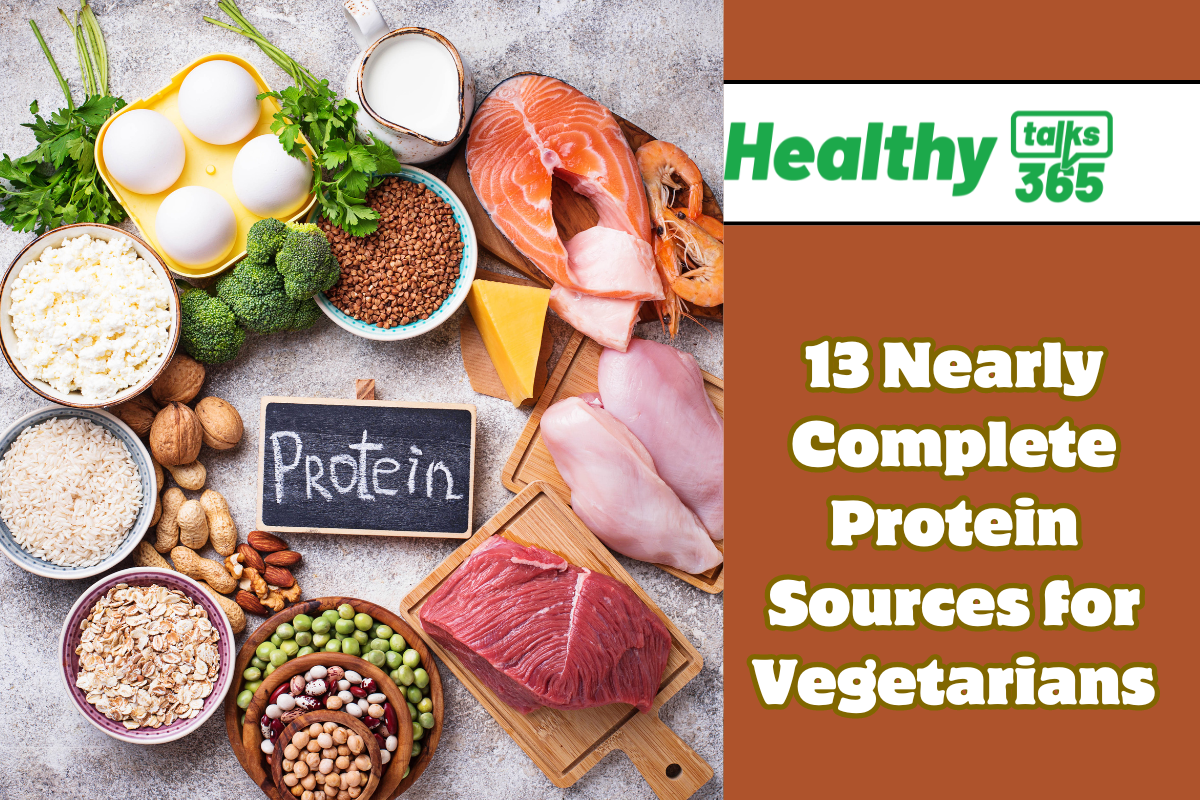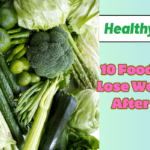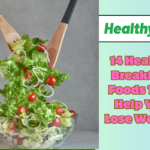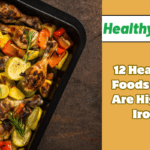13 Nearly Complete Protein Sources for Vegetarians:
1. Quinoa:
Quinoa is a versatile pseudo-cereal known for its exceptional nutritional profile. Unlike traditional grains, quinoa is a complete protein source, containing all nine essential amino acids necessary for various bodily functions, including muscle repair and immune support. This makes it particularly valuable for vegetarian and vegan diets seeking plant-based protein alternatives. Alongside its protein content, quinoa is rich in fiber, which supports digestive health by promoting regular bowel movements and aiding in overall gut function.
Moreover, quinoa is packed with essential minerals such as magnesium and iron, which play vital roles in muscle function, energy production, and oxygen transport throughout the body. These minerals are crucial for maintaining overall health and well-being. Quinoa also contains antioxidants, which help protect cells from damage caused by free radicals and oxidative stress.
2. Buckwheat:
Despite its name, buckwheat is not a grain but a seed, making it suitable for those following gluten-free diets. This nutritional powerhouse is notably rich in protein, providing all nine essential amino acids, including lysine, which is often deficient in other grains. Protein is essential for building and repairing tissues, making buckwheat a valuable addition to vegetarian and vegan diets looking to increase protein intake.
In addition to its protein content, buckwheat is a good source of dietary fiber, which supports digestive health by aiding in regular bowel movements and promoting a healthy gut environment. Fiber also helps regulate blood sugar levels and may contribute to a feeling of fullness, making it beneficial for weight management.
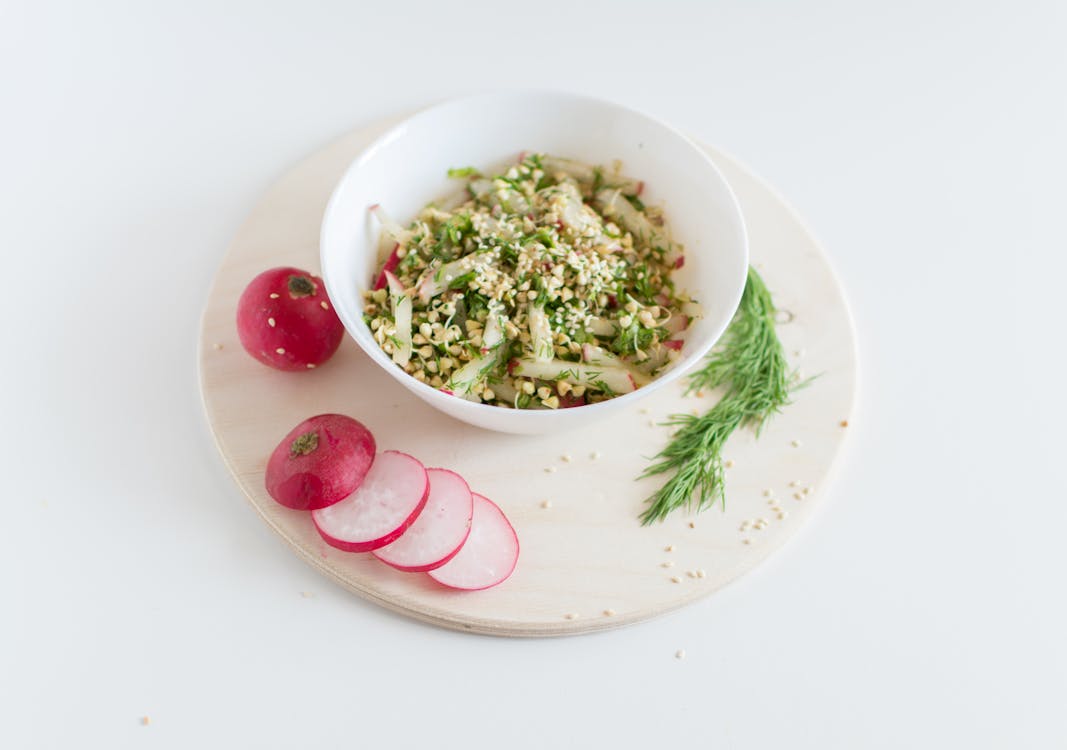
Read Also:
Focus While Studying: 10 Proven Methods
3. Hemp Seeds:
Hemp seeds, despite their small size, pack a significant nutritional punch. They are renowned for their complete protein profile, containing all nine essential amino acids that the body cannot produce on its own. This makes hemp seeds a valuable protein source, especially for those following vegetarian or vegan diets. Beyond protein, hemp seeds are rich in healthy fats, particularly omega-3 and omega-6 fatty acids, which are essential for heart health, brain function, and reducing inflammation in the body. These fats also contribute to glowing skin and healthy hair.
Moreover, hemp seeds boast a variety of essential nutrients such as vitamins (including vitamin E) and minerals (such as magnesium and iron), which play crucial roles in maintaining overall health and well-being. Their nutty flavor makes them a versatile addition to salads, smoothies, yogurt, and baked goods, enhancing both taste and nutritional value. Whether sprinkled on top of dishes or blended into creamy dressings, hemp seeds offer a convenient way to boost nutrient intake and support a balanced diet.
4. Chia Seeds:
Chia seeds have gained popularity for their impressive nutritional profile and versatility in culinary applications. These tiny seeds are packed with protein, making them a valuable addition to vegetarian and vegan diets as a complete protein source. They provide all nine essential amino acids, including a high concentration of lysine, which is often limited in plant-based foods.
In addition to their protein content, chia seeds are rich in fiber, which supports digestive health by promoting regular bowel movements and aiding in the absorption of nutrients. The soluble fiber in chia seeds also helps stabilize blood sugar levels and may contribute to a feeling of fullness, making them beneficial for weight management.
5. Spirulina:
Spirulina, a type of blue-green algae, is celebrated for its dense nutritional profile and health benefits. It stands out as a complete protein source, containing all nine essential amino acids in a highly digestible form. This makes spirulina a valuable protein supplement, particularly for vegetarians and vegans looking to increase their protein intake from plant-based sources.
Beyond protein, spirulina is rich in vitamins, including vitamin B complex (such as B12) and vitamin K, as well as minerals like iron, magnesium, and potassium. These nutrients play essential roles in energy metabolism, immune function, and maintaining bone health. Spirulina also contains antioxidants such as phycocyanin and beta-carotene, which help protect cells from oxidative stress and support overall well-being.
Read Also:
Healthy Foods For Keeping Healthy Weight In Winters Cold
6. Tempeh:
Originating from fermented soybeans, tempeh is prized for its robust flavor, meaty texture, and high protein content. It serves as a versatile ingredient in vegetarian cooking, providing all essential amino acids along with probiotics due to the fermentation process. Tempeh also offers beneficial nutrients like fiber, vitamins, and minerals, contributing to its role as a nutritious plant-based protein source with added digestive health benefits.
7. Edamame:
Young soybeans, commonly known as edamame, are not only a tasty snack but also a nutritious source of protein for vegetarians. Rich in essential amino acids, edamame provides a complete protein profile along with fiber and various vitamins and minerals. Additionally, edamame is versatile in culinary applications, whether enjoyed as a snack, added to salads, or incorporated into stir-fries, making it a convenient and nutritious addition to vegetarian diets.

8. Greek Yogurt:
Greek yogurt stands out for its thick and creamy texture, which is achieved through a straining process that removes whey. This straining also concentrates the yogurt, resulting in a higher protein content compared to regular yogurt. Protein is essential for muscle repair and growth, making Greek yogurt a valuable addition to a balanced diet, especially for individuals looking to increase their protein intake. Beyond protein, Greek yogurt is rich in probiotics, beneficial bacteria that support gut health by promoting digestion and nutrient absorption.
Moreover, Greek yogurt is a good source of calcium, a mineral vital for bone health and strength. Adequate calcium intake is crucial throughout life, particularly for maintaining bone density and reducing the risk of osteoporosis. The versatility of Greek yogurt allows it to be enjoyed in various ways: as a creamy snack on its own, mixed with fruits and nuts for added flavor and nutrition, or used as a healthier alternative in recipes calling for sour cream or mayonnaise.
9. Cottage Cheese:
Cottage cheese is a nutritious dairy product known for its low fat content and high protein content. Made from curds, cottage cheese provides a complete protein profile, meaning it contains all nine essential amino acids necessary for muscle repair, growth, and overall health. This makes cottage cheese an excellent choice for vegetarians and others looking to increase their protein intake from dairy sources.
Cottage cheese is rich in calcium, phosphorus, and B vitamins such as riboflavin (B2) and vitamin B12. Calcium and phosphorus are essential minerals for bone health, supporting bone density and strength. B vitamins play crucial roles in energy metabolism and maintaining the nervous system.
10. Eggs:
Eggs are nature’s powerhouse of nutrition, revered for their versatility and nutrient density. They are a complete protein source, meaning they contain all nine essential amino acids necessary for various bodily functions, including muscle repair and hormone production. This makes eggs an ideal choice for vegetarians and omnivores alike to meet their protein needs.
11. Tofu:
Made from soybeans, tofu is a staple in vegetarian diets, prized for its high protein content and versatility in cooking. It provides all essential amino acids, making it a complete protein source, along with various vitamins and minerals like iron and calcium. Tofu’s mild flavor and ability to absorb flavors make it adaptable to a wide range of dishes, from stir-fries to smoothies, offering a nutritious and satisfying plant-based protein option.
Read Also:
11 Best Ways to Improve Your Digestion
12. Lentils:
As legumes, lentils are a valuable source of plant-based protein, offering a substantial amount of essential amino acids along with fiber and various vitamins and minerals. They come in different varieties, including green, red, and black, each with its unique flavor and texture. Lentils are also rich in folate, iron, and potassium, supporting heart health, energy production, and overall well-being. Their versatility in cooking makes them a popular ingredient in soups, stews, salads, and curries for vegetarians and vegans alike.
13. Chickpeas:
Also known as garbanzo beans, chickpeas are a versatile legume celebrated for their protein content and culinary versatility. They provide all essential amino acids, making them a complete protein source, along with fiber, vitamins, and minerals like iron and folate. Chickpeas can be enjoyed in various forms, including cooked, roasted, or ground into flour, adding a hearty texture and nutty flavor to dishes like hummus, curries, salads, and stews, offering a nutritious and satisfying option for vegetarian diets.

